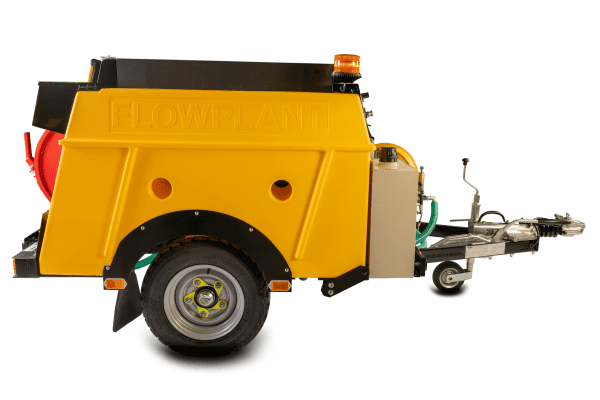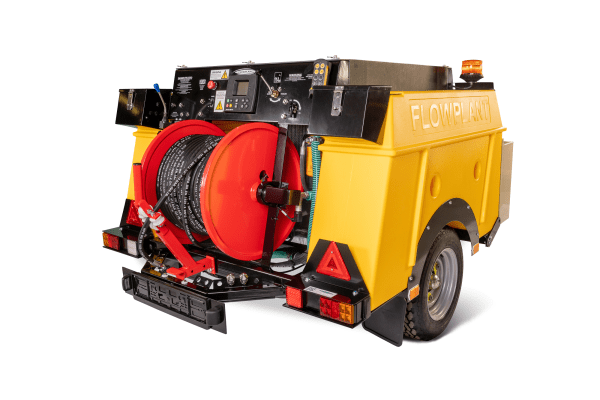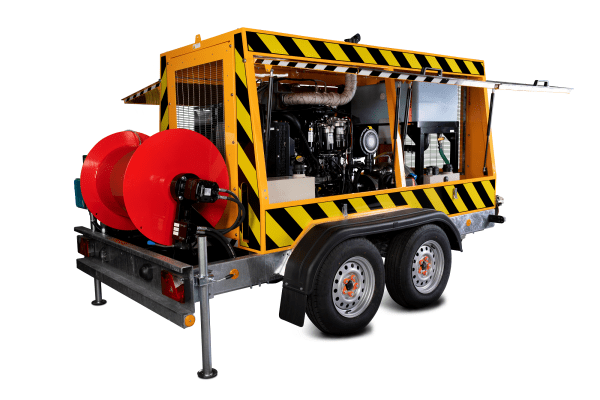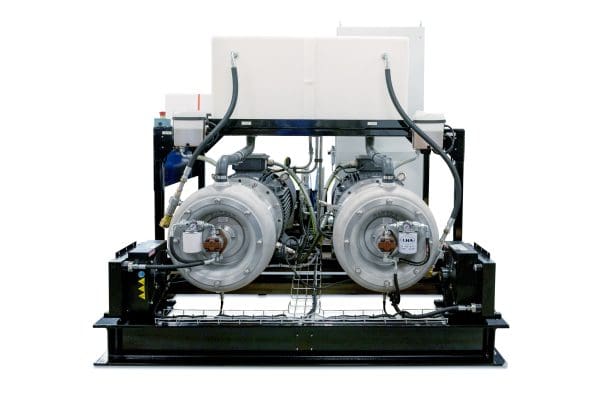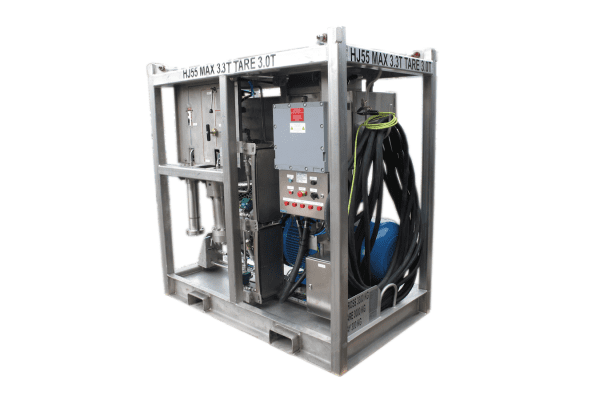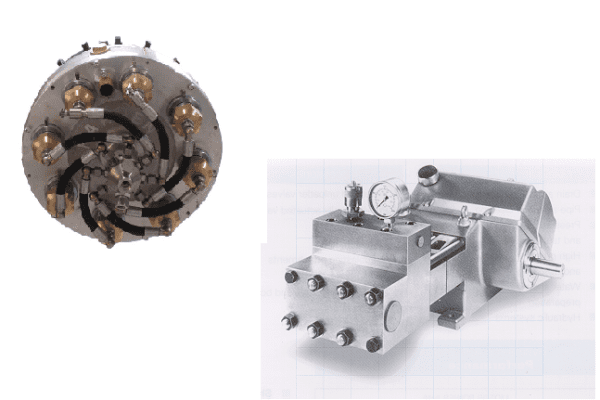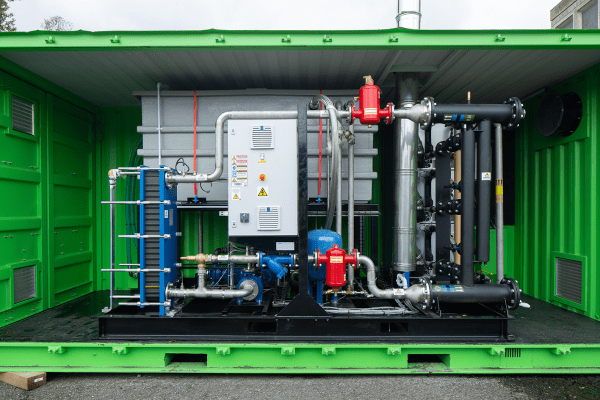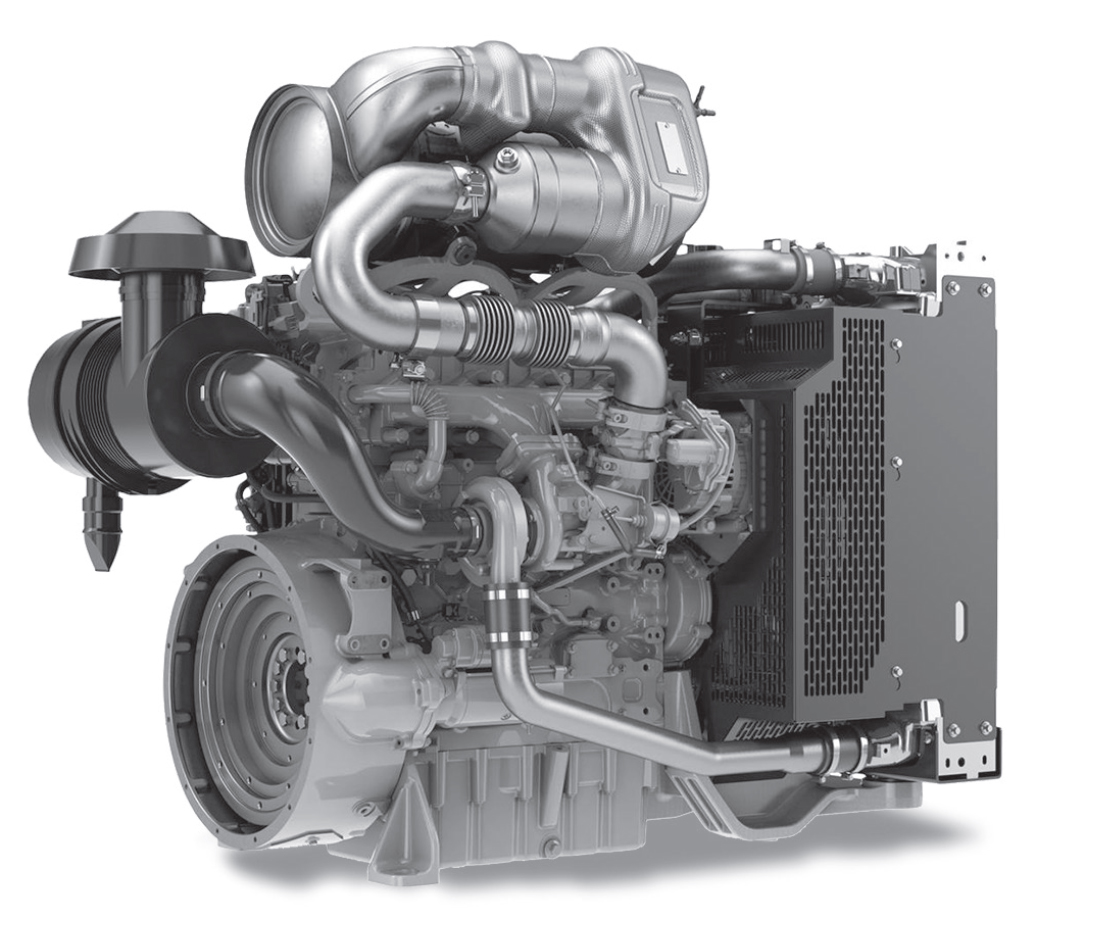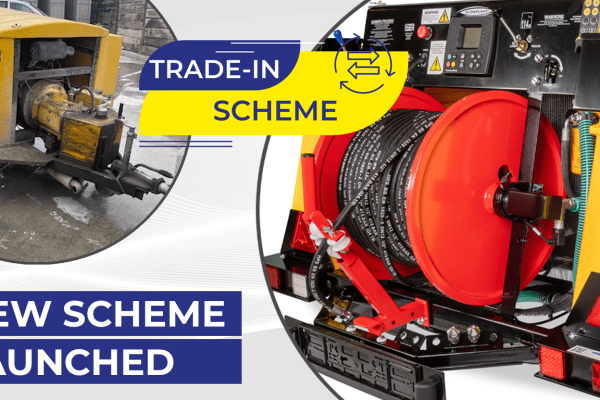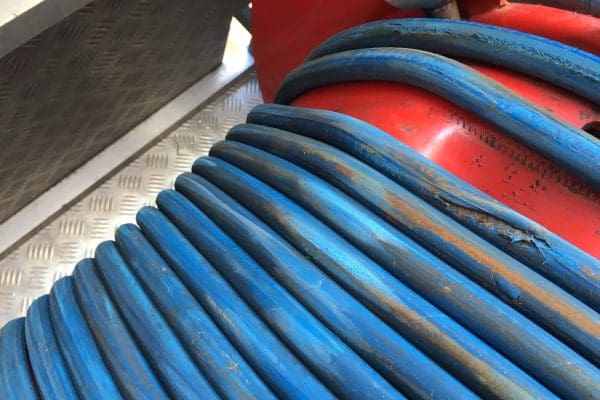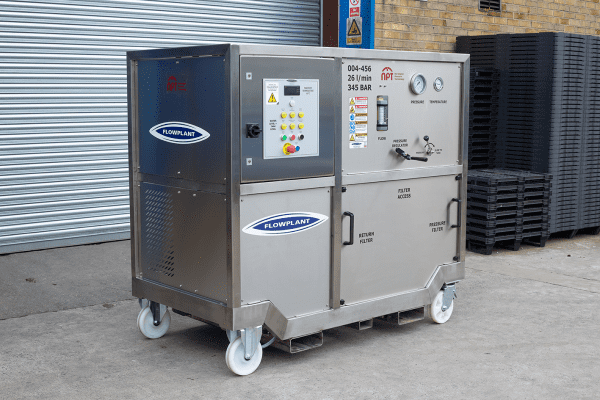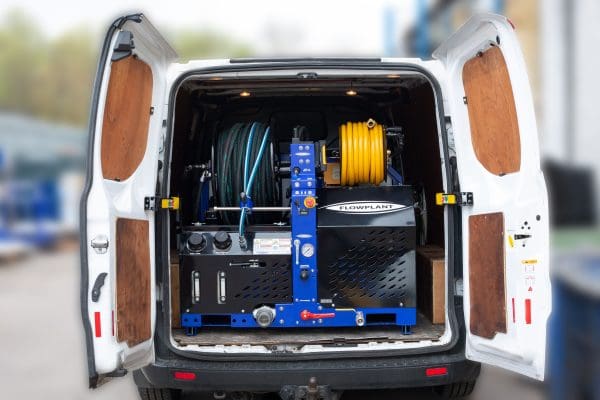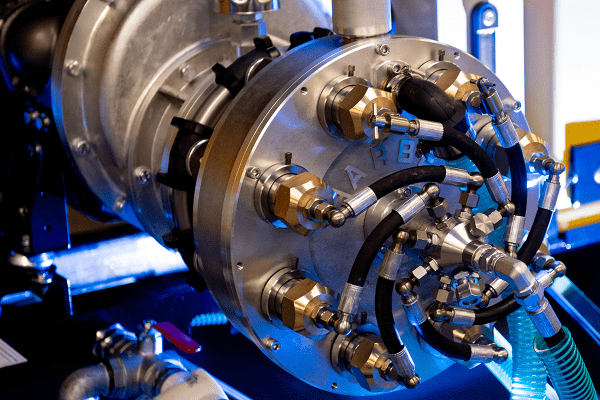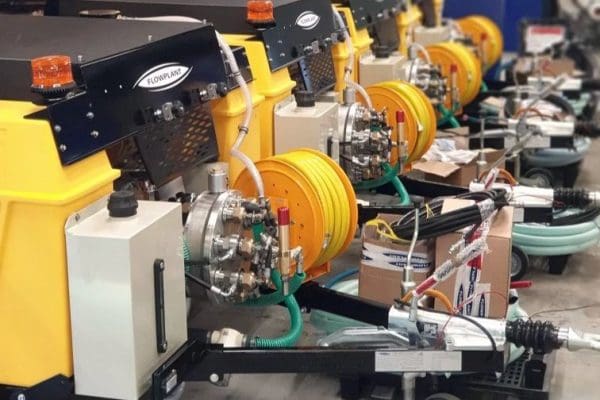News
Jetter Engines Are Going Green
Unless you have been living on another planet you’ll know diesel engine emissions are big news. One German car manufacturer has been forced to put nearly £5 billion pounds aside to pay for cleaning up millions of their cars. London already has a low emission zone and other cities look set to follow suit. Trucks, vans and cars have been Euro 6 compliant for a couple of years so what’s the story with jetters?
Typically, the regulations for ‘off-highway’ engines (engines used to power plant), don’t follow the Euro 4,5,6 system that we have become used to in our trucks and vans. Although the goal of reducing NOx, NMHC and CO emissions remains the same, the timescale for introduction varied depending on the power of the engine in question.
Diesel engines have been getting cleaner for years and the impending changes have been known about since the millennium so why the interest now? Well, UK regulations follow a system of ‘Stages’ starting back in 2000 with Stage 1 and now heading towards Stage 4 & 5. Each stage introduces tighter emission limits which are more difficult for the engine manufacturers to meet. For example, in 2014 all larger jetters, by which I mean those with engines bigger than 75hp, had to meet Stage 4 levels for the first time. Although the regulations allowed some wiggle room to use up any stock Stage 3B engines they have now pretty much gone so it’s now Stage 4 or nothing.
Few would argue against lower emissions but a clean green planet doesn’t come cheap and neither do Stage 4 engines which represent a massive leap in technology. To reduce NOx levels by 93% since 2006 requires common rail injection, diesel particulate filters and exhaust gas regeneration systems. Chuck in a small computer to make it work and hey presto! An electronically controlled Stage 4 engine that’s super clean but considerably more expensive than its mechanically controlled Stage 3 predecessor.
So, where do we go from here? Well, at the end of 2018 all engines above 25hp bizarrely jump directly from Stage 3A to Stage 5 and although there is some discussion about exact levels there is no doubt that even these smaller engines will need all the technology used on the larger models. What this means in practical terms is that any diesel engined jetter bigger than 200 bar/45 lpm (3000 psi/10 gpm) will require a Stage 5 emission compliant engine that is certain to be more expensive and probably heavier than the jetter it replaces!
If you are considering upgrading or just changing your jetter for a newer model there may never be a better time than the present. Please feel free to contact us if you have any queries or would like to book your free, no obligation demonstration.


